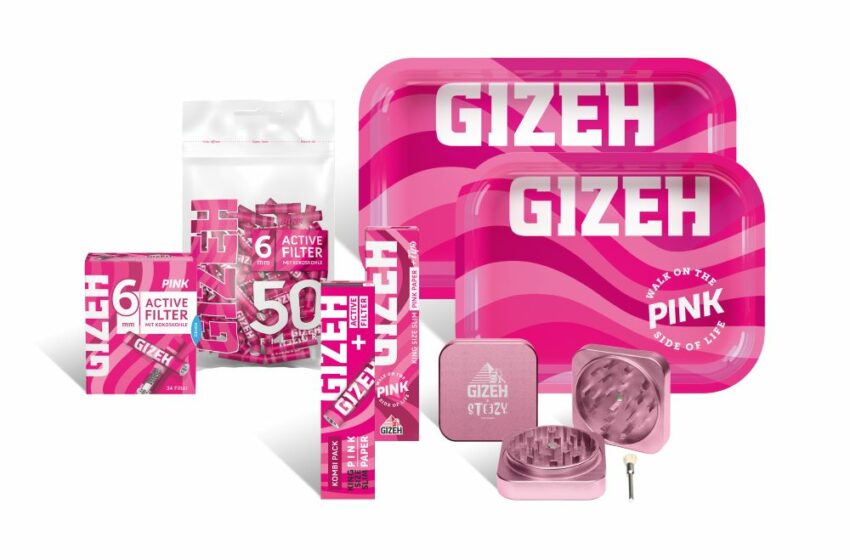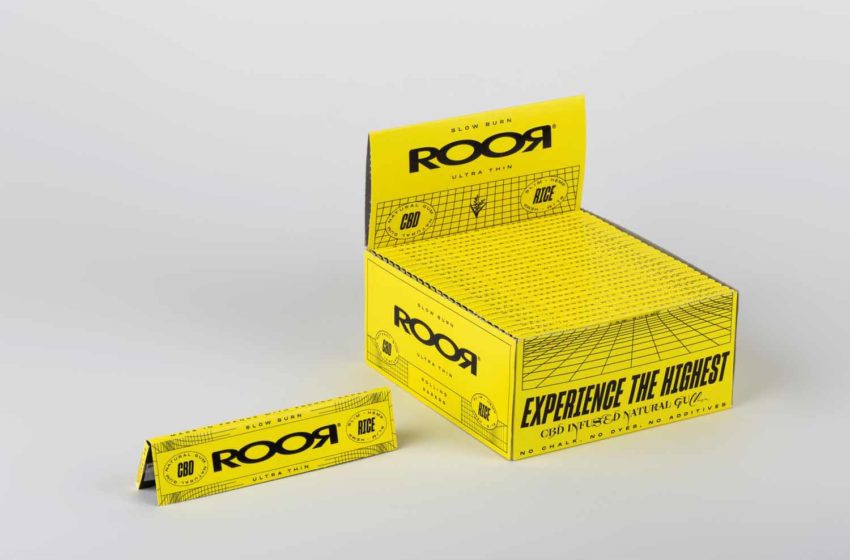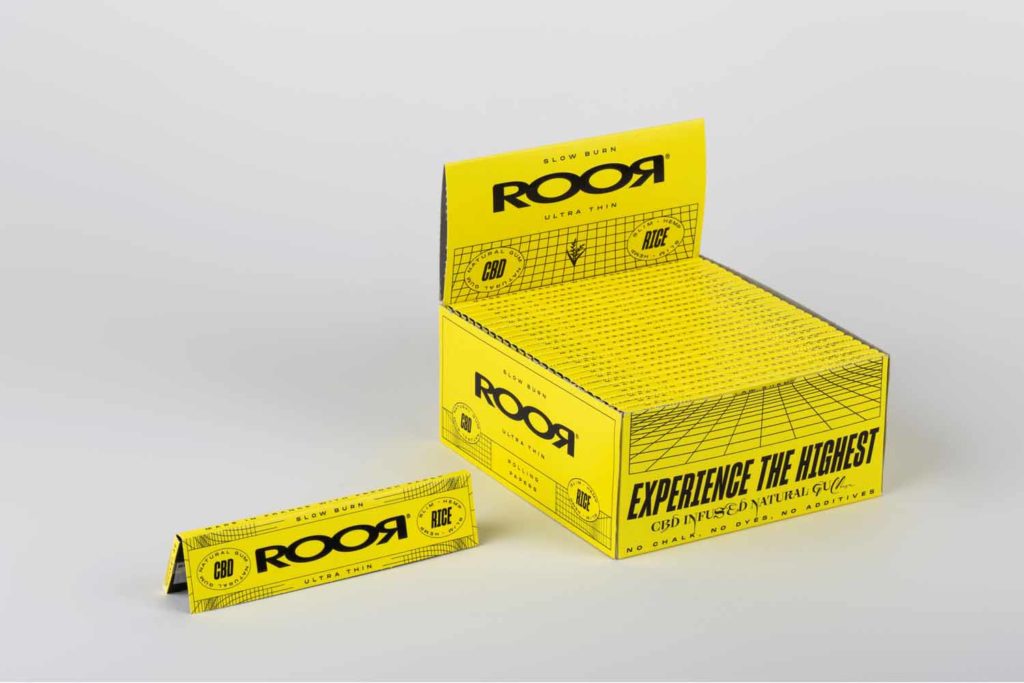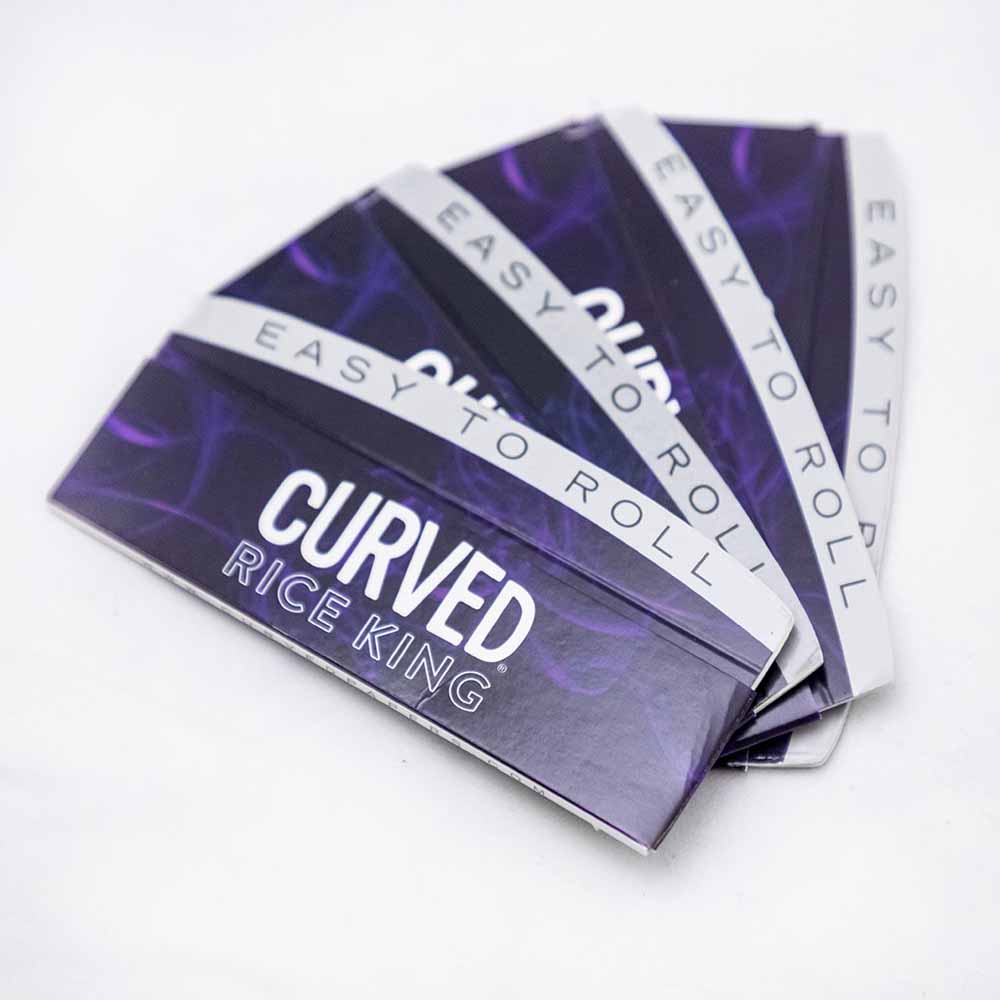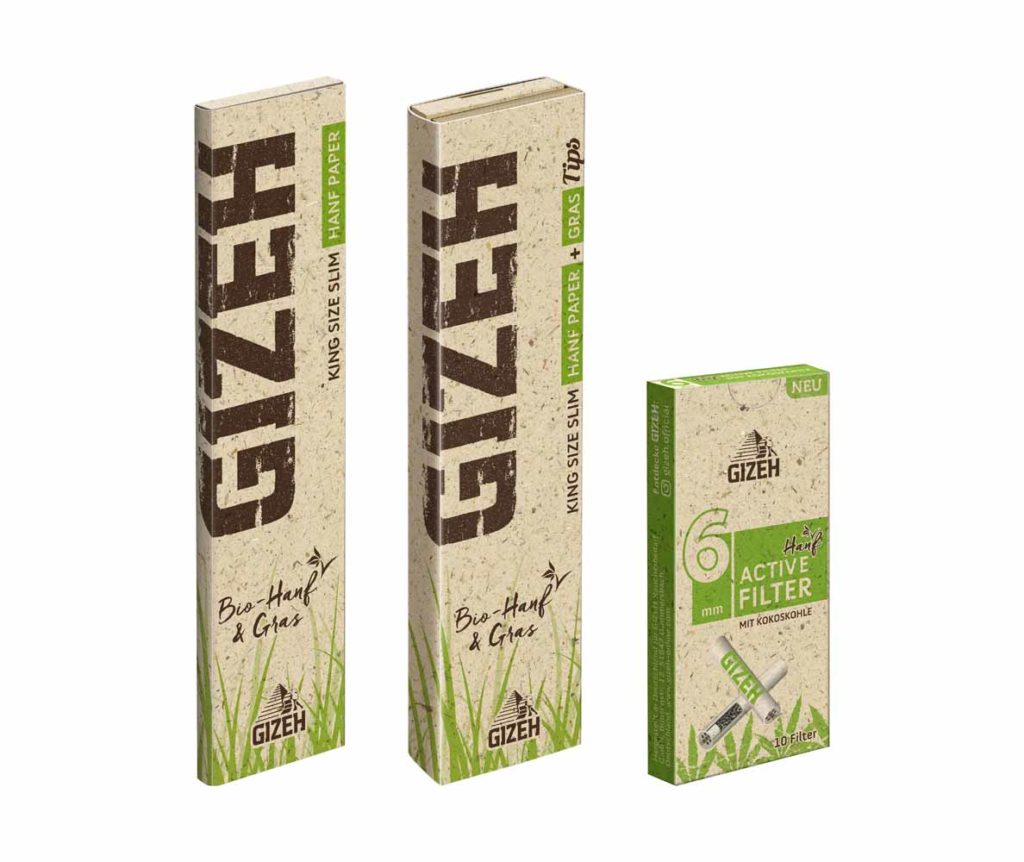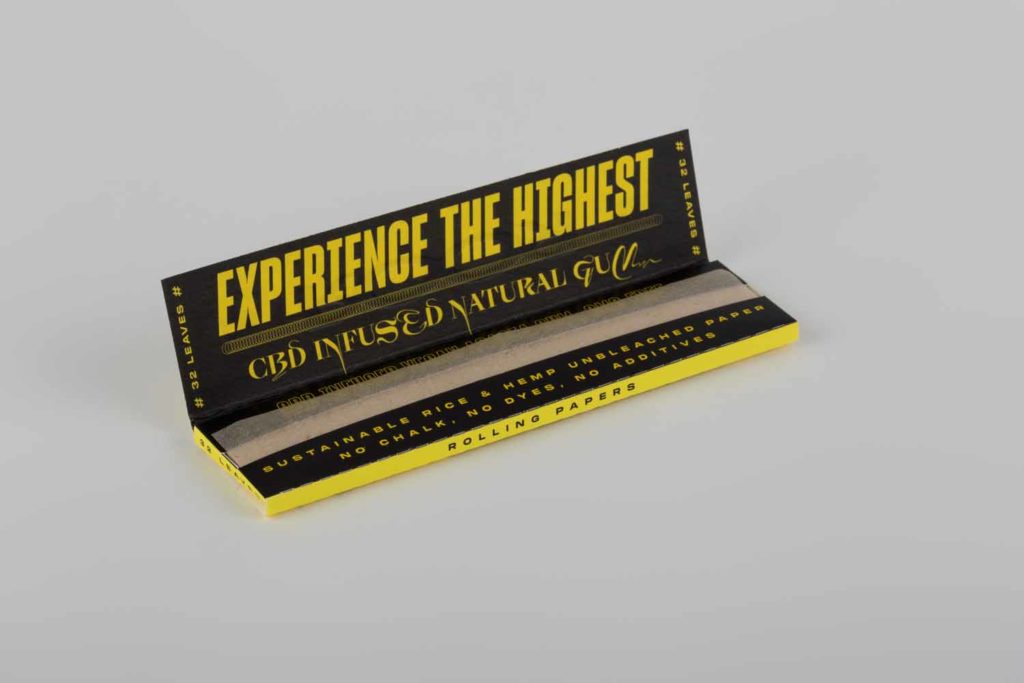
German rolling papers manufacturer Gizeh is finding new ways to appeal to consumers.
By Stefanie Rossel
The growth of the rolling papers category is often attributed to smokers’ changing behavior in challenging economic periods. In times of lower disposable income, consumers may shift from expensive factory-made cigarettes to more affordable roll-your-own or make-your-own products.
There are, however, considerations that go beyond financial ones. “It’s certainly the case that consumers spend less money on smoking if they roll their cigarettes themselves,” says Lisa Esser, head of corporate affairs and development at German rolling papers manufacturer Gizeh Raucherbedarf. But for many RYO lovers, she notes, that’s not the main criterion. “Most of the time, the enjoyment of seeing, feeling and smelling the tobacco, and then turning it into a cigarette is centerstage,” she says. “A smoking experience with all senses creates an individual moment of enjoyment.”
It’s perhaps this aspect that contributes to a phenomenon seldom witnessed in other areas of the nicotine market: RYO smokers often feel a strong bond with their rolling paper brand. Gizeh has responded to this attachment by launching a series of unusual special editions, such as the “All Pink” collection, which was first introduced in 2022 and comes as a king-size slims and tips set with all-pink papers, filter tips and even a pink magnetic lock. At last year’s InterTabac trade fair, the company debuted a version with reusable active filters, catering to the growing popularity of active charcoal filters. A matching metal tray as well as a lighter and a grinder complement the offer.
“The pink collection was meant as a limited edition to try out something new,” says Esser. “But demand didn’t cease, so we kept producing new volumes and developed a range of products with filters and matching merchandise. With the blockbuster movie Barbie, the pink edition experienced a real boost. Maybe we were ahead of the trend with our marketing instinct?”
Illicit Cigarettes on the Rise
Fandom aside, economic adversity remains a major driver for RYO sales. Gizeh, which was founded in 1920 and is part of the Mignot and De Block group, is best known for its Gizeh, Mascotte and Marie brands. The company is present in more than 80 markets, with Europe being its main areas of operation. Here, Gizeh also sees the greatest opportunities for its business. The Covid-19 pandemic and the war in Ukraine have driven up prices and taken a toll on disposable incomes in many markets, prompting smokers to be more judicious in their expenditures.
Another beneficiary, unfortunately, has been the informal market. “Illicit cigarette trade in Germany has significantly increased since the end of the Covid pandemic and the reopening of borders,” says Esser. “A fifth of the cigarettes smoked in Germany are nonduty paid. Tobacco taxes account for about half of the retail price of cigarettes in Germany, hence the import of nonduty-paid tobacco products becomes interesting for smart spenders. According to estimates by market research company Ipsos, the share of nonduty-paid cigarettes in Eastern Germany, which borders on some of the European Union eastern member states, is almost 40 percent. In the western part of Germany, it is approximately 13 percent. In 2021, German customs seized about 117 million nonduty-paid cigarettes. Only recently, a ‘garage factory’ making illicit whites was uncovered in the Ruhr area. Financial constraints, it appears, rather drive illicit trade than RYO sales.”
Cannabis as a Driver
The global rolling papers market was worth $714.1 million in 2023, up from $678.8 million in the previous year, according to Future Markets Insights. By 2033, the market is expected to reach $1.19 million. Surging demand for hemp-based rolling paper is expected to steer the growth of the market at a compound annual growth rate of 5.2 percent during that period, the business intelligence firm predicts.
Meanwhile, the spreading legalization of recreational cannabis is presenting rolling paper manufacturers with new opportunities. The most recent country to partially legalize the recreational use of cannabis was Germany, a move that made it the first EU member state and the second G7 country after Canada to permit adult use for fun.
Since April 1, adults aged 18 and over may carry up to 25 grams of cannabis for their own consumption and store up to 50 grams at home. They are also permitted to keep three plants for home cultivation. The new law allows for public consumption, provided that is not within sight of children or near sports facilities or takes place in pedestrian zones between 7 a.m. and 8 p.m. The original goal of making cannabis available in licensed shops has not yet been implemented, however. Instead, special cannabis clubs that can have up to 500 members will be allowed to grow and purchase the drug on a limited basis from July 1, 2024.
Gizeh caters to this market with various dedicated products. “Since April 1, papers and filters can be purchased by adult consumers to fulfill the purpose for which they have already been used for a long time—namely, for the consumption of cannabis,” says Esser. “Following the motto ‘For pleasure only,’ we want to contribute to destigmatize cannabis products and to get the consumer out of illegality. As one of the leading manufacturers for papers and other accessories worldwide, we want to become No. 1 in the recreational products segment, by which we mean the segment focused on conscious and enjoyable cannabis consumption by adults.”
Roll With It
In September 2023, Gizeh expanded its recreational portfolio with Gizeh Cones, a product line comprising three cone types, including conical filter tips, which are targeted at users who don’t want to make joints themselves, prefer evenly shaped joints or don’t have much practice in rolling them.
“The highlight of the range is the patented cone-shaped Active Filter, which has a diameter of 6 mm to 7 mm and was especially developed for king-size papers,” says Esser. “The conical design prevents the filter from dropping out of the cone when rolling. The purified active charcoal in the core of the filter is based on coconut shells, a renewable raw material. Ceramic caps on both ends with seven holes each allow for an optimal airflow. Our cone-shaped filters are made in Germany and can be used multiple times, making them sustainable.”
According to Esser, marijuana consumption was already commonplace in Germany before legalization. “The new law only removes existing truths from the gray area,” she observes. Esser expects the German market to follow the same path as Canada, where recreational cannabis for adult use became legal in October 2018. “Perhaps demand will increase at first, but then I expect it to even out at the level where it already stands.”
Partnerships and network extensions are another part of Gizeh’s growth strategy in recreational cannabis. To inspire brand loyalty, the company last year launched a limited edition sneaker with shoe company Kangaroos. “Cultural influences are an important driver for the Gizeh brand and will be an essential part of communication in the future,” says Esser. “What exactly [that will be] will be a surprise.”


